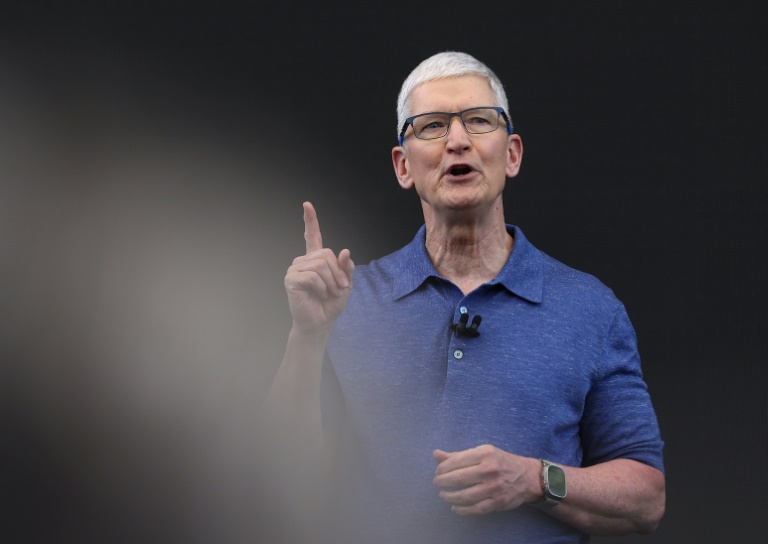Apple's AI Gambit: Rotten to the Core or Genius Move?

Has Apple Mishandled Its Generative AI Strategy?
A respected analyst and long-time Apple enthusiast recently expressed frustration with himself for not being more critically skeptical when Apple announced its plans for a major Siri upgrade last June. The proposed enhancement was meant to make the virtual assistant more fluent and engaging through generative artificial intelligence (genAI) technology.
The analyst's comments highlight growing concerns about Apple's approach to artificial intelligence, particularly as competitors like Google, Microsoft, and OpenAI continue to make significant strides in the generative AI landscape. While Apple has traditionally been a leader in technological innovation, its current AI strategy appears to be lagging behind other tech giants.
The criticism suggests that Apple may have underestimated the rapid pace of AI development or been too cautious in its implementation of cutting-edge generative AI technologies. As the world's largest company by market capitalization, Apple faces increasing pressure to demonstrate its AI capabilities and maintain its reputation for technological leadership.
The situation raises important questions about Apple's ability to adapt and innovate in the rapidly evolving field of artificial intelligence, and whether the company can catch up to its more aggressive competitors in the generative AI space.
